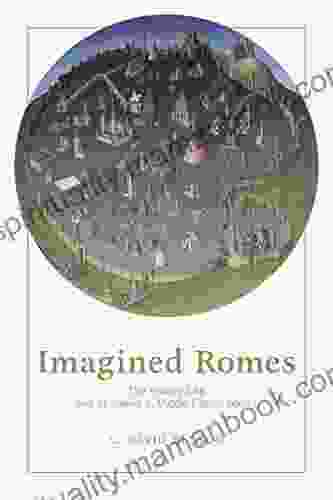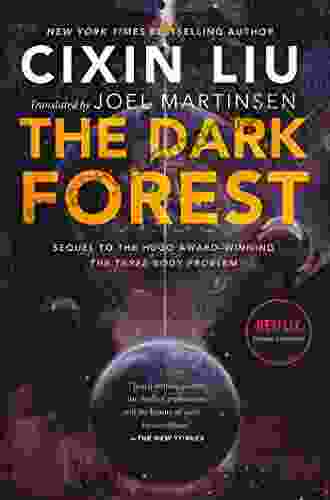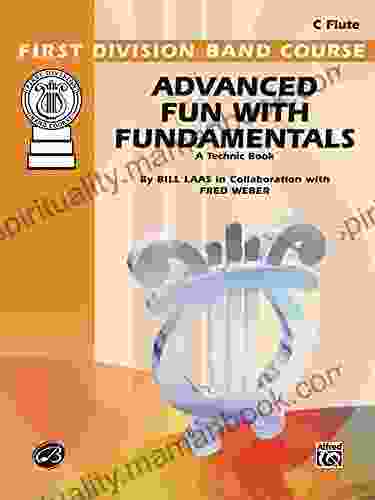The Ancient City and Its Stories in Middle English Poetry

The ancient city has long been a source of fascination for poets, and in Middle English poetry, the city is often depicted as a place of mystery, danger, and wonder. In this article, we will explore the ancient city and its stories as depicted in Middle English poetry, examining how poets used the city as a setting to explore themes of love, loss, and redemption. We will also analyze the use of symbolism and allegory in these poems, and how they reflect the medieval worldview. Finally, we will consider the enduring legacy of these poems and their continued relevance to readers today.
4.8 out of 5
| Language | : | English |
| File size | : | 2929 KB |
| Text-to-Speech | : | Enabled |
| Screen Reader | : | Supported |
| Enhanced typesetting | : | Enabled |
| Print length | : | 273 pages |
The City as a Place of Mystery and Danger
In Middle English poetry, the ancient city is often depicted as a place of mystery and danger. This is especially true in poems that deal with the theme of love. In these poems, the city is often seen as a place where love can be found, but it is also a place where love can be lost. The city is a place of temptation and danger, and those who venture into it must be careful not to get lost.
One of the most famous examples of this type of poem is "The Canterbury Tales" by Geoffrey Chaucer. In this poem, a group of pilgrims travel to Canterbury to visit the shrine of Saint Thomas Becket. Along the way, they tell each other stories. One of the stories, "The Knight's Tale," tells the story of two knights who fall in love with the same woman. The woman, Emily, is beautiful and virtuous, but she is also unattainable. The two knights fight to the death for her hand, and in the end, both of them are killed.
The story of "The Knight's Tale" is a cautionary tale about the dangers of love. The city is a place where love can be found, but it is also a place where love can be lost. Those who venture into the city must be careful not to get lost.
The City as a Place of Wonder
In addition to being a place of mystery and danger, the ancient city is also often depicted as a place of wonder. This is especially true in poems that deal with the theme of redemption. In these poems, the city is often seen as a place where people can find salvation and forgiveness.
One of the most famous examples of this type of poem is "The Divine Comedy" by Dante Alighieri. In this poem, Dante is guided through Hell, Purgatory, and Paradise by the Roman poet Virgil. Along the way, he meets a variety of people, including sinners, saints, and angels. Through these encounters, Dante learns about the nature of sin and redemption.
The story of "The Divine Comedy" is a story of hope and redemption. The city is a place where people can find salvation and forgiveness. Those who venture into the city must be prepared to face the challenges that await them, but they can also find great rewards.
The Use of Symbolism and Allegory in Middle English Poetry
Symbolism and allegory are two literary devices that are often used in Middle English poetry. Symbolism is the use of objects, characters, or events to represent something else. Allegory is the use of a story to represent a moral or religious truth.
In Middle English poetry, symbolism and allegory are often used to explore the themes of love, loss, and redemption. For example, in the poem "The Pearl" by Geoffrey Chaucer, the pearl represents the poet's lost love. The poet searches for the pearl in a dream, but he is never able to find it. The poem is a meditation on the nature of loss and grief.
In the poem "The Pilgrim's Progress" by John Bunyan, the journey of the pilgrim to the Celestial City represents the Christian's journey to salvation. The pilgrim encounters many challenges along the way, but he is eventually able to reach his destination. The poem is an allegory of the Christian faith.
The Enduring Legacy of Middle English Poetry
The poems of Middle English poetry continue to be read and enjoyed by readers today. These poems offer a unique glimpse into the medieval worldview, and they continue to provide insights into the human condition. The themes of love, loss, and redemption are universal, and they continue to resonate with readers today.
The ancient city is a powerful symbol that has been used by poets for centuries to explore the human condition. The city is a place of mystery, danger, and wonder. It is a place where love can be found and lost, and where redemption can be found. The poems of Middle English poetry offer a unique glimpse into the ancient city and its stories.
4.8 out of 5
| Language | : | English |
| File size | : | 2929 KB |
| Text-to-Speech | : | Enabled |
| Screen Reader | : | Supported |
| Enhanced typesetting | : | Enabled |
| Print length | : | 273 pages |
Do you want to contribute by writing guest posts on this blog?
Please contact us and send us a resume of previous articles that you have written.
 Top Book
Top Book Novel
Novel Fiction
Fiction Nonfiction
Nonfiction Literature
Literature Paperback
Paperback Hardcover
Hardcover E-book
E-book Audiobook
Audiobook Bestseller
Bestseller Classic
Classic Mystery
Mystery Thriller
Thriller Romance
Romance Fantasy
Fantasy Science Fiction
Science Fiction Biography
Biography Memoir
Memoir Autobiography
Autobiography Poetry
Poetry Drama
Drama Historical Fiction
Historical Fiction Self-help
Self-help Young Adult
Young Adult Childrens Books
Childrens Books Graphic Novel
Graphic Novel Anthology
Anthology Series
Series Encyclopedia
Encyclopedia Reference
Reference Guidebook
Guidebook Textbook
Textbook Workbook
Workbook Journal
Journal Diary
Diary Manuscript
Manuscript Folio
Folio Pulp Fiction
Pulp Fiction Short Stories
Short Stories Fairy Tales
Fairy Tales Fables
Fables Mythology
Mythology Philosophy
Philosophy Religion
Religion Spirituality
Spirituality Essays
Essays Critique
Critique Commentary
Commentary Glossary
Glossary Bibliography
Bibliography Index
Index Table of Contents
Table of Contents Preface
Preface Introduction
Introduction Foreword
Foreword Afterword
Afterword Appendices
Appendices Annotations
Annotations Footnotes
Footnotes Epilogue
Epilogue Prologue
Prologue Dunya Mikhail
Dunya Mikhail Marino Cattelan
Marino Cattelan Allie Burton
Allie Burton Dr David Powers
Dr David Powers Charity Majors
Charity Majors John Dryden
John Dryden Jeneva Rose
Jeneva Rose Mary Ann Mcdonnell
Mary Ann Mcdonnell Sunny Hundal
Sunny Hundal Steve Talbot
Steve Talbot Bonnie Belden Doney
Bonnie Belden Doney Ramona Finn
Ramona Finn David Foster Wallace
David Foster Wallace Francis Spufford
Francis Spufford Fred Wiersema
Fred Wiersema Lali A Love
Lali A Love Michael Brian Murphy
Michael Brian Murphy Pete Hamill
Pete Hamill Annette Kinglock Murray
Annette Kinglock Murray America S Test Kitchen
America S Test Kitchen
Light bulbAdvertise smarter! Our strategic ad space ensures maximum exposure. Reserve your spot today!
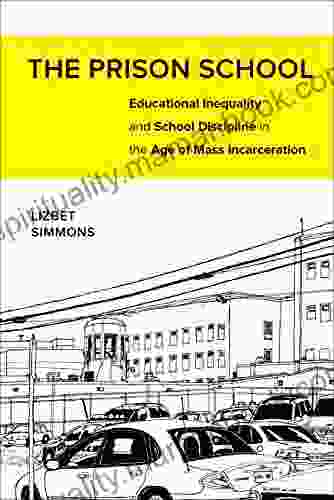
 Cristian CoxThe Prison School: Educational Inequality And School Discipline In The Age Of...
Cristian CoxThe Prison School: Educational Inequality And School Discipline In The Age Of...
 Theodore MitchellThe Joy Of Less: Volume 3 Purging: A Step By Step Guide To A Clutter Free...
Theodore MitchellThe Joy Of Less: Volume 3 Purging: A Step By Step Guide To A Clutter Free...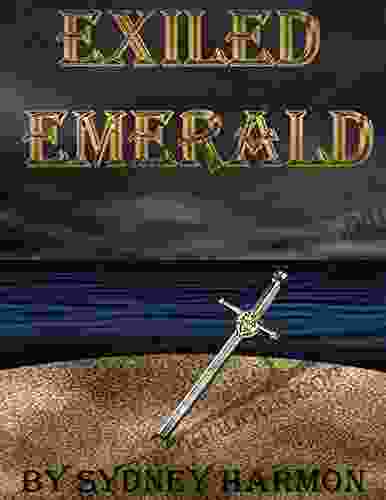
 Ryan FosterExiled Emerald Pirates: A Literary Expedition into the Depths of Imagination...
Ryan FosterExiled Emerald Pirates: A Literary Expedition into the Depths of Imagination... Dean CoxFollow ·11.8k
Dean CoxFollow ·11.8k Vincent MitchellFollow ·18k
Vincent MitchellFollow ·18k Oscar BellFollow ·7.2k
Oscar BellFollow ·7.2k Demetrius CarterFollow ·9.4k
Demetrius CarterFollow ·9.4k Art MitchellFollow ·17.8k
Art MitchellFollow ·17.8k Hudson HayesFollow ·10.2k
Hudson HayesFollow ·10.2k Jerome PowellFollow ·9.1k
Jerome PowellFollow ·9.1k Curtis StewartFollow ·6.7k
Curtis StewartFollow ·6.7k

 Thomas Powell
Thomas PowellHair Care Essentials for Crochet Braids: A Protective...
Crochet braids are a versatile and...
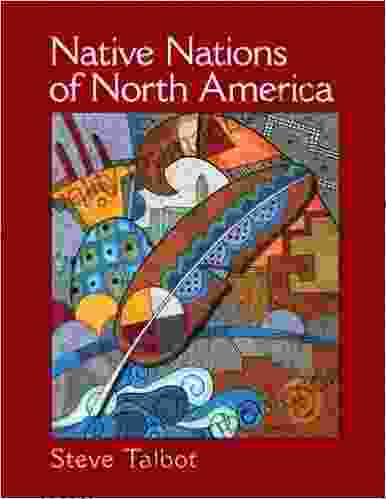
 Philip Bell
Philip BellNative Nations of North America: A Comprehensive Guide
North America is home to a...

 Jackson Hayes
Jackson HayesCall Me Crazy: My Unique Journey with Green
In the kaleidoscopic tapestry of life, where...
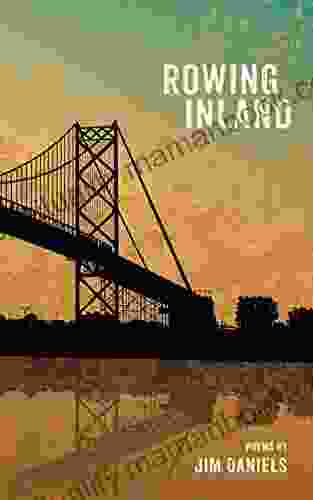
 Graham Blair
Graham BlairUnveiling the Literary Treasures of Michigan: A Journey...
The literary landscape of...
4.8 out of 5
| Language | : | English |
| File size | : | 2929 KB |
| Text-to-Speech | : | Enabled |
| Screen Reader | : | Supported |
| Enhanced typesetting | : | Enabled |
| Print length | : | 273 pages |


